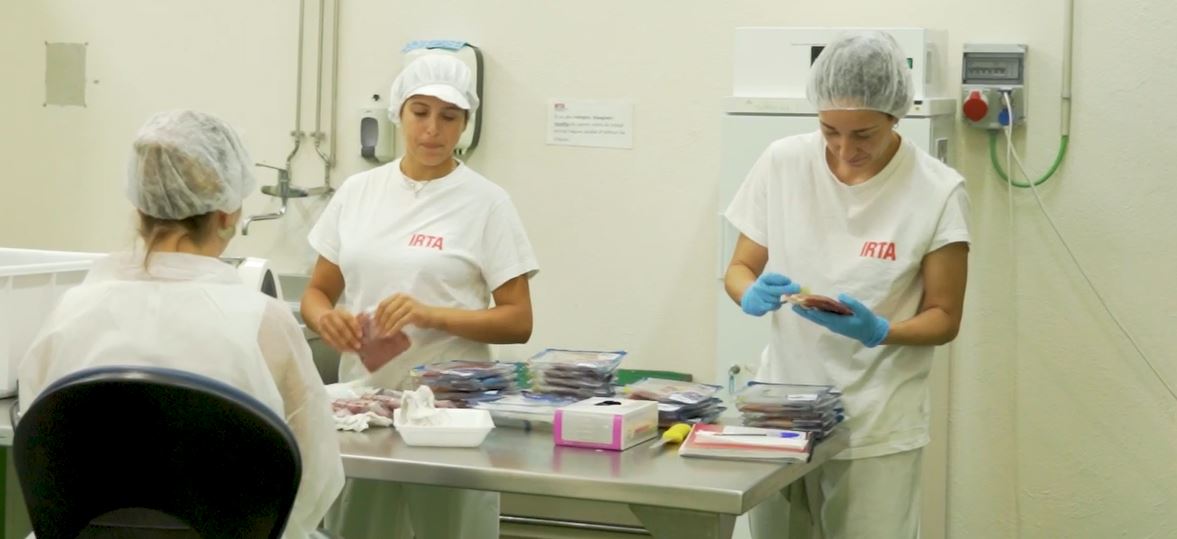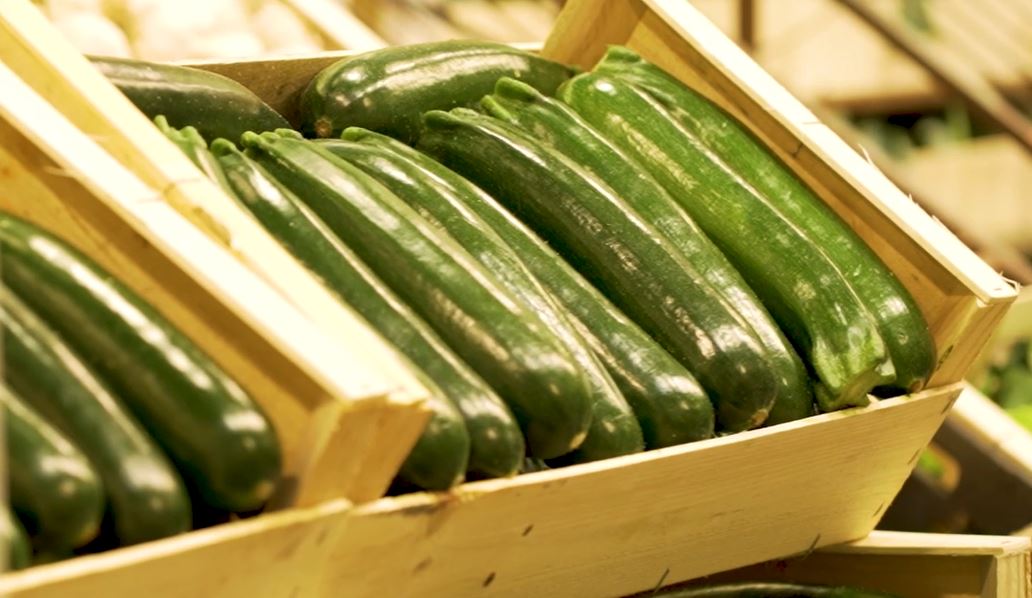
Oils and fats production technician
Description
These professionals are in charge of supervising the oil production process, which is carried out in the following stages:
The olives arrive at the oil mill where they are usually processed without storage to avoid oxidation.
The healthiest olives are selected, classified by category and washed to remove the presence of contaminants.
The olives are crushed as quickly as possible to avoid possible fermentation processes.
The crushing process involves separating the liquid oil from vegetation water and the pulp.
The oil is then purified by a vertical centrifuge or decanting system, from which the liquid is ready for storage and packaged for commercialization.
The oil and fat extraction process is also used to obtain seed oils (soya, sunflower, rapeseed, grape seed, peanut, sesame), and also nut oils (almond oil, among others).
Depending on the size of the company, these professionals will carry out various tasks in this production process: they may be in charge of the oil mills and the reception of seeds and raw materials, of the dehydrators and pomace extractors, they may be in charge of the packaging line for olive oils, seeds and fats, they may be in charge of the equipment used in the extraction process of seed oils and edible fats, among others.
Tasks
- Programme the processes of reception and initial storage of olives, oilseeds or edible fats, defining the flow of raw materials in the initial stages of the process and ensuring correct levels of production and quality.
- Control the reception of raw materials (olives and auxiliary products), according to the characteristics of the production area, check in the oil mill the quantity, variety, damages and losses to verify their quality in order to start the production process, complying with the applicable regulations.
- Manage the olive oil extraction process, controlling the equipment involved in the process: mills to obtain the olive grinding paste, mixers, presses, decanting tanks, strainers, evaporators, centrifuges, etc., which are regulated according to the type of oil to be obtained.
- Manage the press section in the physical extraction by pressure of vegetable oils through presses, oilseed conditioners, granulators, mills, etc.
- Manage the chemical extraction process of seed oil (soya, sunflower, peanut, sesame, among others).
- Regulate the olive oil extraction process to verify oil quality, applying quality control and analysis methods according to applicable regulations.
- Develop the oil transformation process through hydrogenation (solidification of oils with a reactor) controlling pressure and temperature parameters to produce margarines and edible fats.
- Carry out the operations of packaging, wrapping and subsequent conditioning of olive oils and olive marc, as well as seed oils and fats to obtain the final product, verifying its characteristics (shape, size, thickness, soldering or layers) and the adjustment of the closing and sealing of the container with the specifications of the production process.
- Control the application of the sampling plan in the plant to verify the quality of each type of sample obtained throughout the production process of olive oil, seed oils and edible fats and it is coded for transfer to the laboratory. In some cases, the quality of oils and fats is verified by means of sensory analysis techniques for the determination of edible parameters.









 | Catalan | Beginner
| Catalan | Beginner | Catalan | Advanced
| Catalan | Advanced
 Open
Open | English | Beginner
| English | Beginner




